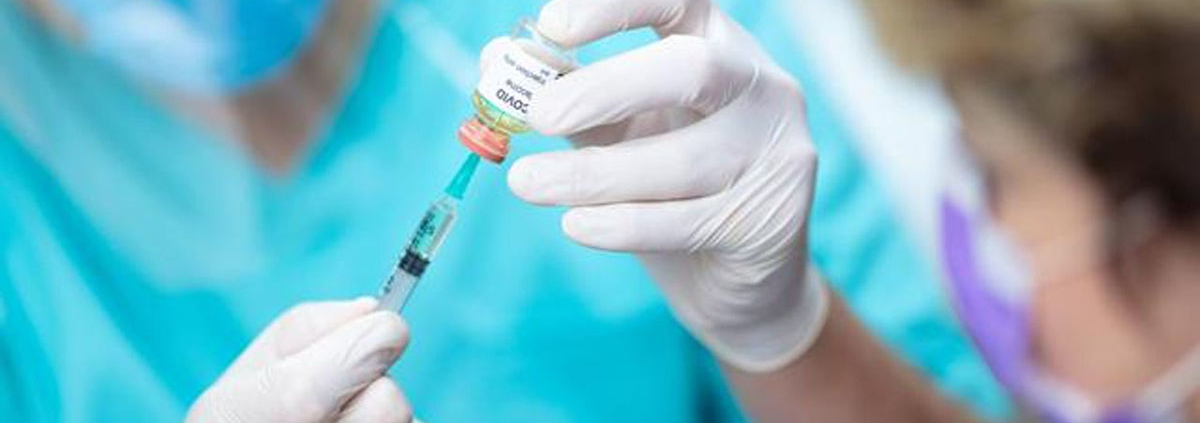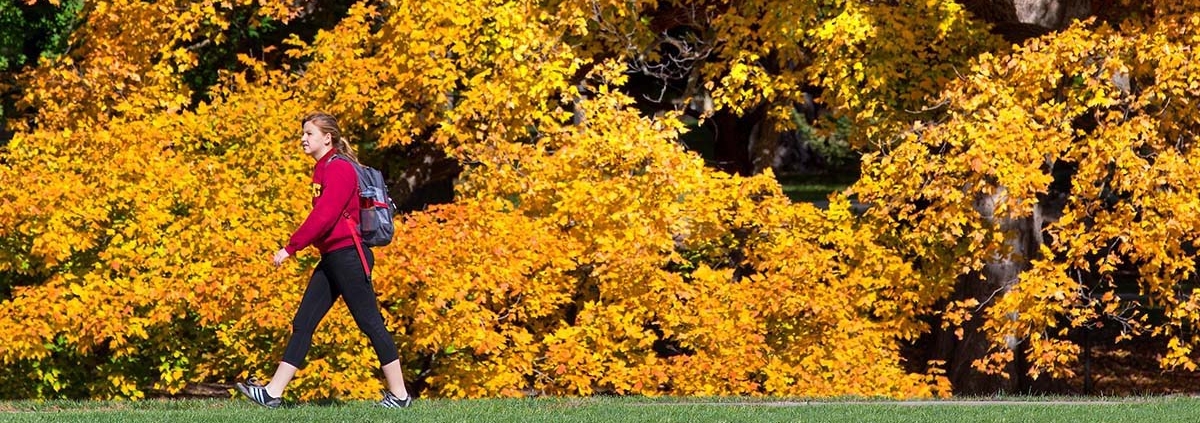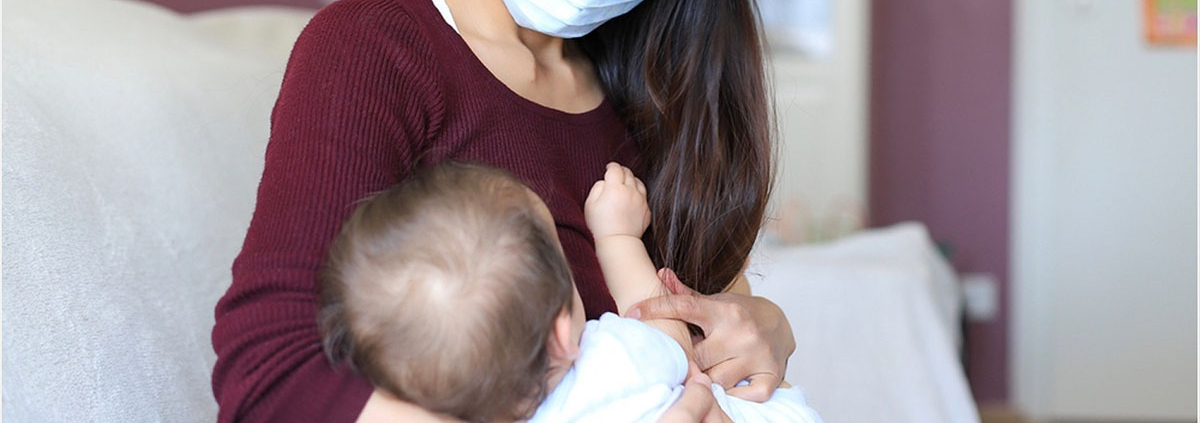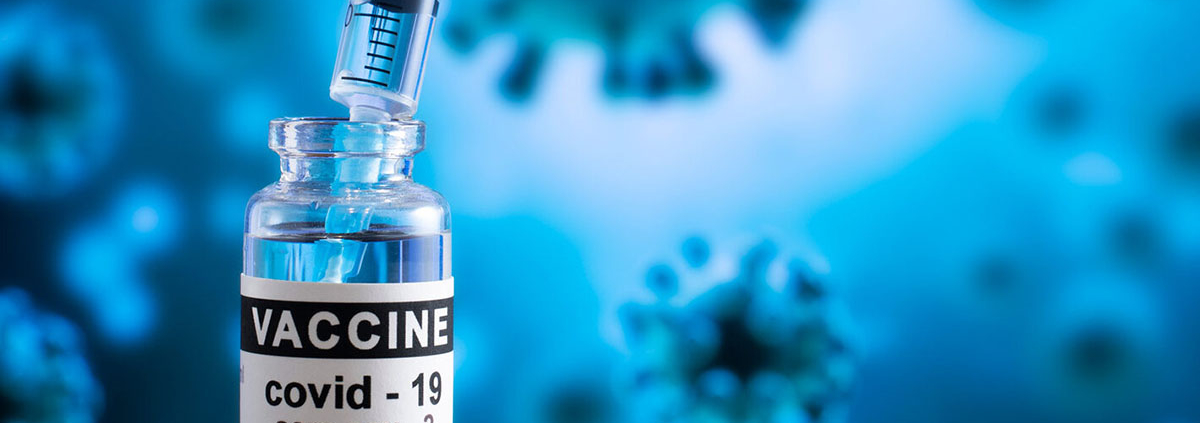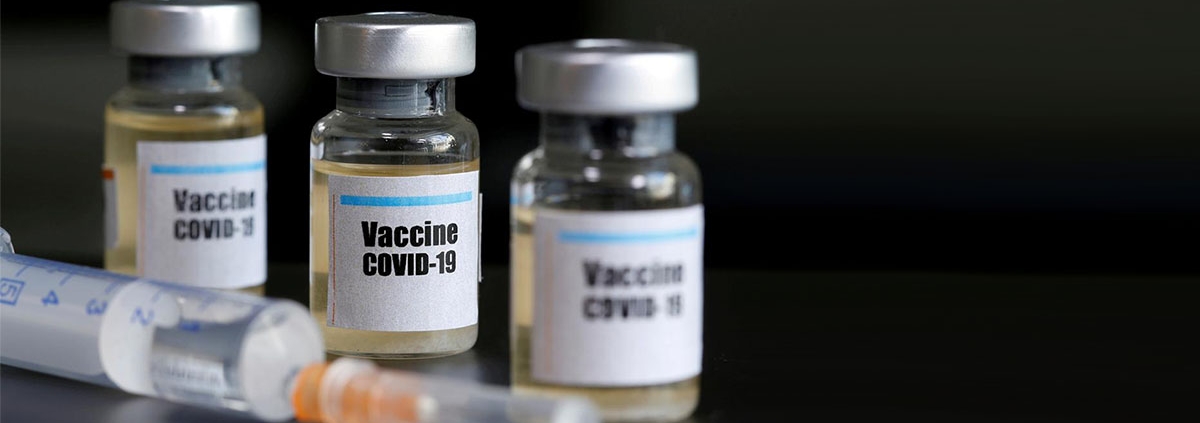Getting vaccinated for COVID-19 measurably improved the psychological well-being of participants in the Understanding Coronavirus in America study, a large longitudinal look at the impact of the pandemic on individuals in the United States. Vaccination was associated with declines in distress and perceived risks of infection, hospitalization, and death. The study, appearing in the American Journal of Preventive Medicine, published by Elsevier, validates the intuitive but previously unanswered questions of whether becoming vaccinated reduces perceived risks associated with COVID-19, and whether the reduction of these fears leads to improvements in mental health and quality of life.
Psychologic distress and anxiety increased sharply across the population following the onset of the COVID-19 pandemic. Several factors contributed, such as widespread job and income loss, food insecurity, social isolation, caregiving burdens, substance abuse, and racialized discrimination. Depressive symptoms persisted and increased into 2021 for those experiencing an accumulation of stress exposures. Not surprisingly, many individuals are also experiencing anticipatory fears that contribute to rising mental health problems.
Data from a nationally representative study of 8,090 adults who were interviewed regularly between March 2020 and June 2021 revealed declines in COVID-related risk perceptions and psychological distress following vaccination. Specifically, adults who received at least one dose of the COVID-19 vaccine between December 2020 and June 2021 reported a 7% relative reduction in mental distress, as measured using the Patient Health Questionnaire 4 (PHQ-4) distress scores, from average levels in the survey period immediately prior to vaccination.
Reductions in distress were partially explained by declining risk perceptions following vaccination. Becoming vaccinated was associated with a 7.77 percentage point decline in perceived risk of infection, a 6.91 percentage point decline in perceived risk of hospitalization, and a 4.68 percentage point decline in perceived risk of death. Adjusting for risk perceptions decreased the vaccination−distress association by 25%.
Release date: 15 February 2022
Source: Elsevier

